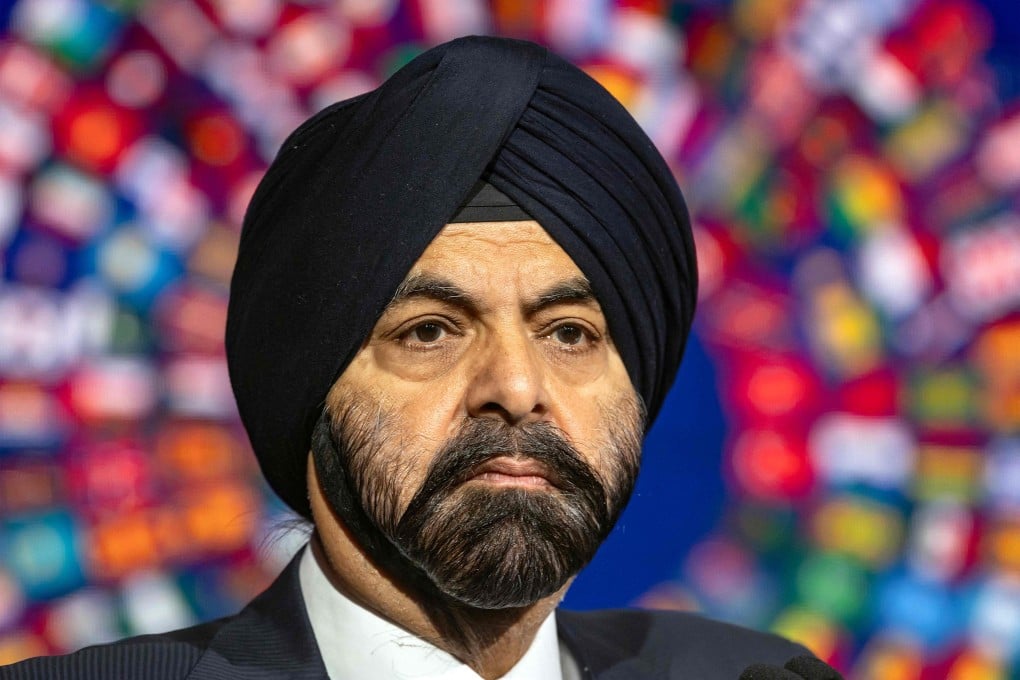Macroscope | Manifesto for survival: World Bank’s bold new thinking on how to finance a better world
- World Bank president Ajay Banga recently spoke of the need to press private finance into service to tackle climate change and other critical objectives
- While those in asset management might protest about losing investment freedoms, his logic is hard to argue with

The outline of a new form of capitalism – neither American-style market capitalism nor Chinese-style state capitalism, but what could instead be called “institutional capitalism” – could be discerned at the recent annual meetings of the IMF and World Bank.
This was not a ritualistic reference to the need for public-private partnerships to unlock investment in socio-economic projects such as climate change alleviation, infrastructure building or health spending. It was more of a manifesto for survival.
Banga was venturing into highly political territory. In market economies, the freedom to deploy investment at will – however serious or frivolous the objective – is almost sacred. State or any other kind of dirigiste intervention is not normally welcomed.
He went so far as to state the sum of money – US$70 trillion from pension funds, insurance companies and sovereign wealth funds – that might be pressed into the service of critical objectives.
